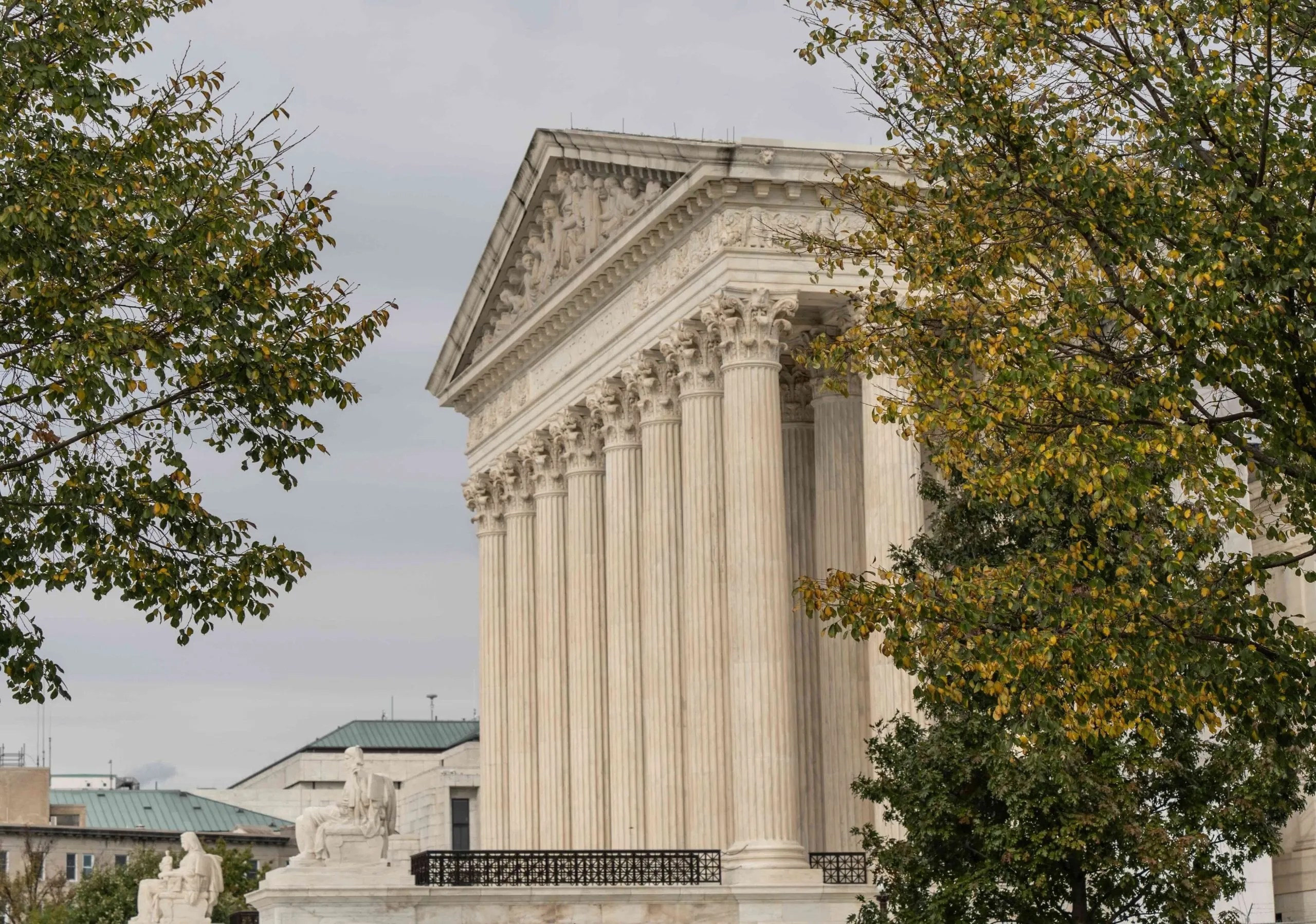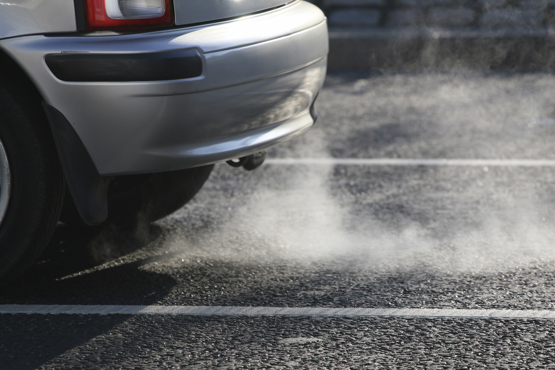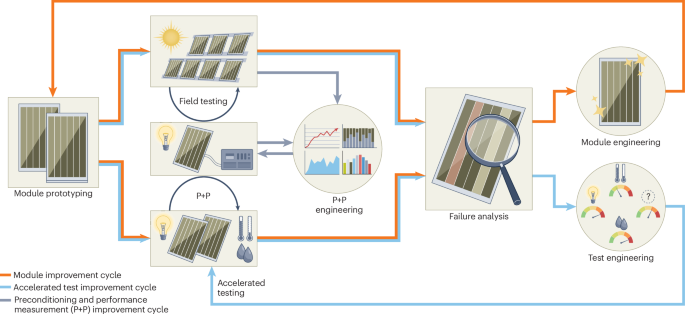Supreme Court rejects inmate’s attempt to invalidate his convictions
The Supreme Court on Thursday turned down an effort by a Texas inmate to invalidate his convictions using new evidence that he says could clear him. In a unanimous decision […] The post Supreme Court rejects inmate’s attempt to invalidate his convictions appeared first on SCOTUSblog.

The Supreme Court on Thursday turned down an effort by a Texas inmate to invalidate his convictions using new evidence that he says could clear him. In a unanimous decision by Justice Ketanji Brown Jackson, the court ruled that a filing by Danny Rivers raising claims relating to that new evidence was a prohibited “second or successive” petition even though it was made while the district court’s decision denying his first petition was still pending on appeal.
Rivers was convicted in Texas in 2012 of child sex abuse, indecency with a child, and possession of child pornography. After his efforts to overturn his convictions in state court were unsuccessful, Rivers filed a petition for federal post-conviction relief in 2017 in which he alleged (among other things) that his lawyers had been deficient and that prosecutors had engaged in misconduct.
In 2018, a federal district court in Texas denied Rivers’ petition. But then a judge of the U.S. Court of Appeals for the 5th Circuit granted him permission to appeal – a requirement in these kinds of post-conviction cases.
While the 5th Circuit was considering Rivers’ appeal, Rivers sought to bring evidence that he says is exculpatory before the federal courts. But the 5th Circuit rejected his request to add the new evidence to the record, and it also denied his plea to either put the appeal on hold or send the case back to the district court so that he could present the evidence there.
Before the 5th Circuit ruled on Rivers’ appeal, he filed a new brief, containing the new evidence, in the district court. He contended that the filing should be treated as an amendment to his original petition because the district court’s decision denying that petition was still on appeal.
The district court rejected that argument, instead deeming it a “second or successive” petition, which under federal law is subject to strict gatekeeping requirements – for example, a petition cannot relitigate the merits of claims that have already been denied, and only a limited subset of even new claims can be brought in a second petition. Because federal law also requires “second or successive” petitions to be filed in the court of appeals, the district court transferred Rivers’ new filing to the 5th Circuit.
Rivers appealed the transfer of his filing, again arguing that his filing was a motion to amend his original petition rather than a second or successive petition. The 5th Circuit upheld the transfer order, reasoning that “the timing of Rivers’s second-in-time petition d[id] not permit him to circumvent the requirements for filing successive petitions under” federal post-conviction law.
On Thursday, the Supreme Court agreed. Jackson explained that the Supreme Court’s case law makes clear “that whether a filing qualifies as a second or successive application generally turns on the existence of a final judgment with respect to the first petition, not the status of an appeal.” Such a rule, she continued, is consistent with the purpose of the gatekeeping restrictions, which is “to conserve judicial resources, reduce piecemeal litigation, and lend finality to state court judgments within a reasonable time.” By contrast, she observed, if inmates could file a second petition for post-conviction relief before an appeals court has ruled on their first petitions, they “could file any number of new applications raising new claims during the pendency of appeal or” Supreme Court review, “thereby prolonging the case seemingly indefinitely.”
The court declined to reach another issue that Rivers raised in the Supreme Court – whether a filing that seeks to amend the original petition for post-conviction relief is a “second or successive” petition. Rivers did not make that argument in his petition for Supreme Court review or in the lower courts, Jackson said. Moreover, she continued, in this case the district court could not have granted Rivers’ motion to amend because his case was in the court of appeals, and so it lacked the power to do so.
The post Supreme Court rejects inmate’s attempt to invalidate his convictions appeared first on SCOTUSblog.















































































































































